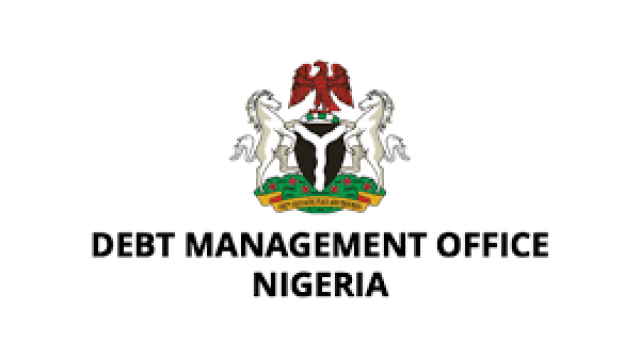As of March 31, 2025, Nigeria's total public debt reached N149.39 trillion, showing an annual increase of N27.72 trillion or 22.8 percent compared to N121.67 trillion from the same period in 2024.
Data provided by the Debt Management Office, also indicates a quarterly rise of N4.72 trillion or 3.3 percent from N144.67 trillion as of December 31, 2024.
The continuous increase in the debt stock is mainly due to new borrowings by the Federal Government and the naira's depreciation, which has inflated the local currency value of external loans.
This surge occurs amidst ongoing fiscal pressures and a sustained dependence on both domestic and foreign borrowing to finance public expenditures.
At the close of the first quarter of 2025, external debt stood at N70.63 trillion ($45.98 billion), up from N56.02 trillion ($42.12 billion) in the same period of 2024, marking a year-on-year rise of N14.61 trillion or 26.1 percent.
Quarter-on-quarter, it saw a slight uptick from N70.29 trillion in December 2024, an increase of N344 billion or 0.5 percent. Although the actual increase in dollar terms was limited to $3.86 billion year-on-year, the naira's depreciation considerably heightened the growth when converted to local currency.
For reference, the Central Bank of Nigeria utilized an exchange rate of N1,330.26/$1 for converting external debt in Q1 2024. The exact exchange rate for Q1 2025 wasn't specified, but the increased naira value suggests a weaker exchange rate due to currency volatility.
Nigeria's external borrowings consist of loans from multilateral institutions like the World Bank and African Development Bank, bilateral arrangements, and commercial debt instruments such as Eurobonds. Growing debt servicing costs, propelled by the naira's depreciation, have raised concerns about the pressure on government finances, especially as the country strives to enhance foreign exchange liquidity and stabilize the currency.
On the domestic side, Nigeria's debt stock increased to N78.76 trillion ($51.26 billion) in March 2025, up from N65.65 trillion ($49.35 billion) the previous year, reflecting a year-on-year growth of N13.11 trillion or 20 percent. In comparison to Q4 2024, domestic debt grew by N4.38 trillion or 5.9 percent, rising from N74.38 trillion.
The Federal Government accounted for N74.89 trillion of the total domestic debt, while subnational governments and the Federal Capital Territory held N3.87 trillion.
This shows a slight decrease in state-level domestic debt from N3.97 trillion in the last quarter and N4.07 trillion in Q1 2024, possibly indicating improved debt servicing or a slowdown in new borrowings by states.
Domestic debt consists of instruments like Federal Government Bonds, Treasury Bills, Sukuk, and Green Bonds, which finance the fiscal deficit and are less susceptible to exchange rate fluctuations, although they carry interest costs and can limit private sector access to credit.
The overall composition of Nigeria's debt portfolio has slightly shifted. By March 2025, domestic debt made up 52.7 percent of the total, while external debt accounted for 47.3 percent, compared to 54 percent domestic and 46 percent external in March 2024.
The rise in the external component—especially in naira terms—highlights Nigeria's debt stock exposure to currency risk, while the ongoing rise in domestic borrowing emphasizes the government's increasing reliance on the local capital market despite challenges like rising interest rates and investor interest.




















